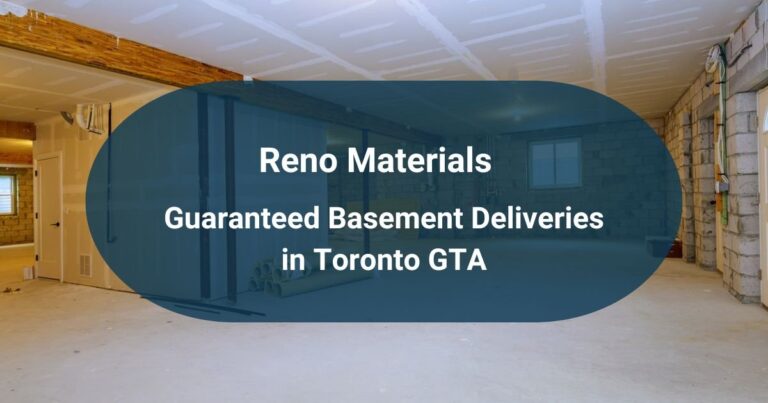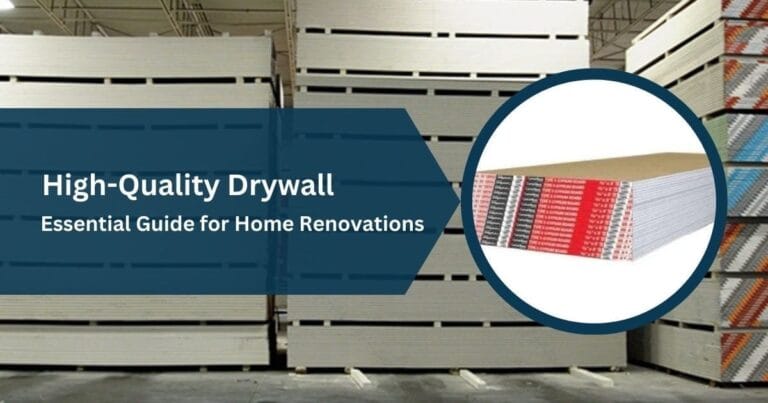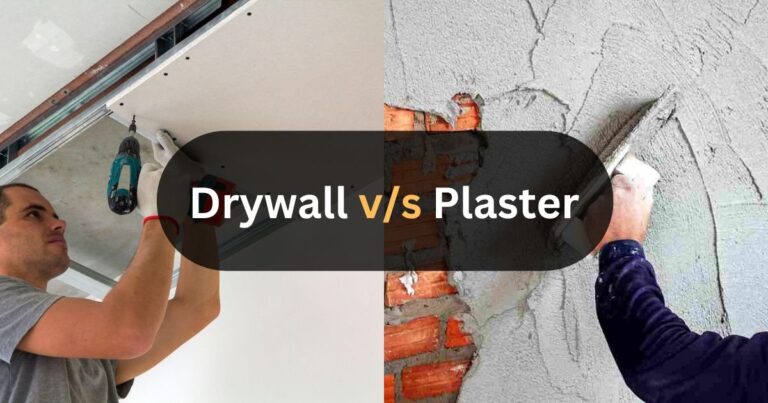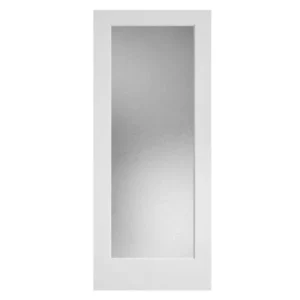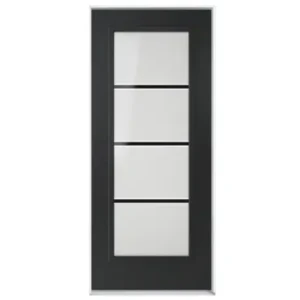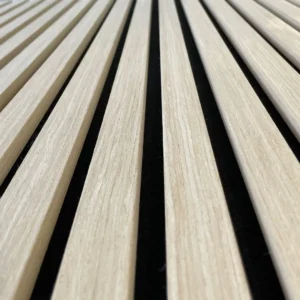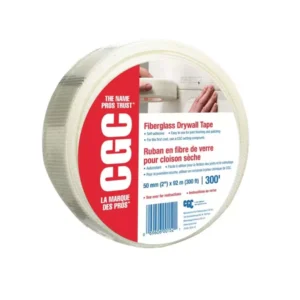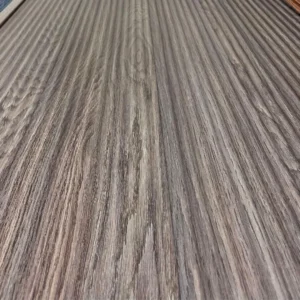Choosing the right drywall is essential for building strong, durable, and efficient walls in your home or commercial space. In Canada, where weather conditions can vary greatly, selecting the appropriate type of drywall ensures longevity and performance.
This guide will help you make an informed decision when purchasing drywall for your project.
Consider the Type of Drywall
Different drywall types cater to various needs. Understanding their unique properties can help you select the right one:
- Regular Drywall: The most common option for walls and ceilings in residential spaces.
- Moisture-Resistant Drywall: Ideal for bathrooms, kitchens, and basements where humidity levels are high.
- Fire-Resistant Drywall: Contains non-combustible materials, making it suitable for garages and multi-family residences.
- Soundproof Drywall: Designed with layers to minimize noise transmission, perfect for offices and entertainment rooms.
- Mold-Resistant Drywall: A great choice for areas prone to dampness, preventing mold growth.
Choose the Right Thickness
Drywall comes in various thicknesses, each serving a specific purpose:
- 1/4-inch: Best for curved walls or repairing existing drywall.
- 1/2-inch: The standard thickness for most interior walls and ceilings.
- 5/8-inch: Ideal for soundproofing and fire resistance, often used in commercial buildings.

Understand the Climate and Insulation Needs
Canada experiences diverse climate conditions, making insulation a crucial factor. Choose drywall that complements your insulation needs:
- Cold Climates: Opt for drywall with good thermal resistance to retain heat.
- Humid Regions: Use moisture-resistant drywall to prevent damage from excess moisture.
Check for Quality and Certification
Ensure the drywall meets Canadian building codes and safety regulations. Look for:
- CSA (Canadian Standards Association) Certified Products
- Eco-Friendly Drywall with Low VOC (Volatile Organic Compounds) Emission
- Manufacturer’s Warranty for Reliability
Plan Your Budget and Installation
Cost and ease of installation are important considerations:
- Compare prices from different suppliers to get the best deal.
- Consider hiring professionals for complex installations.
- Ensure you have the necessary tools, such as joint compound, screws, and tape, for a smooth finish.
Conclusion
Choosing the right drywall in Canada involves considering factors such as type, thickness, climate compatibility, quality, and budget. By making an informed decision, you can ensure your walls remain durable, efficient, and suited to your specific needs. Whether for residential or commercial use, the right drywall selection can enhance the longevity and comfort of your space. Reno Materials

